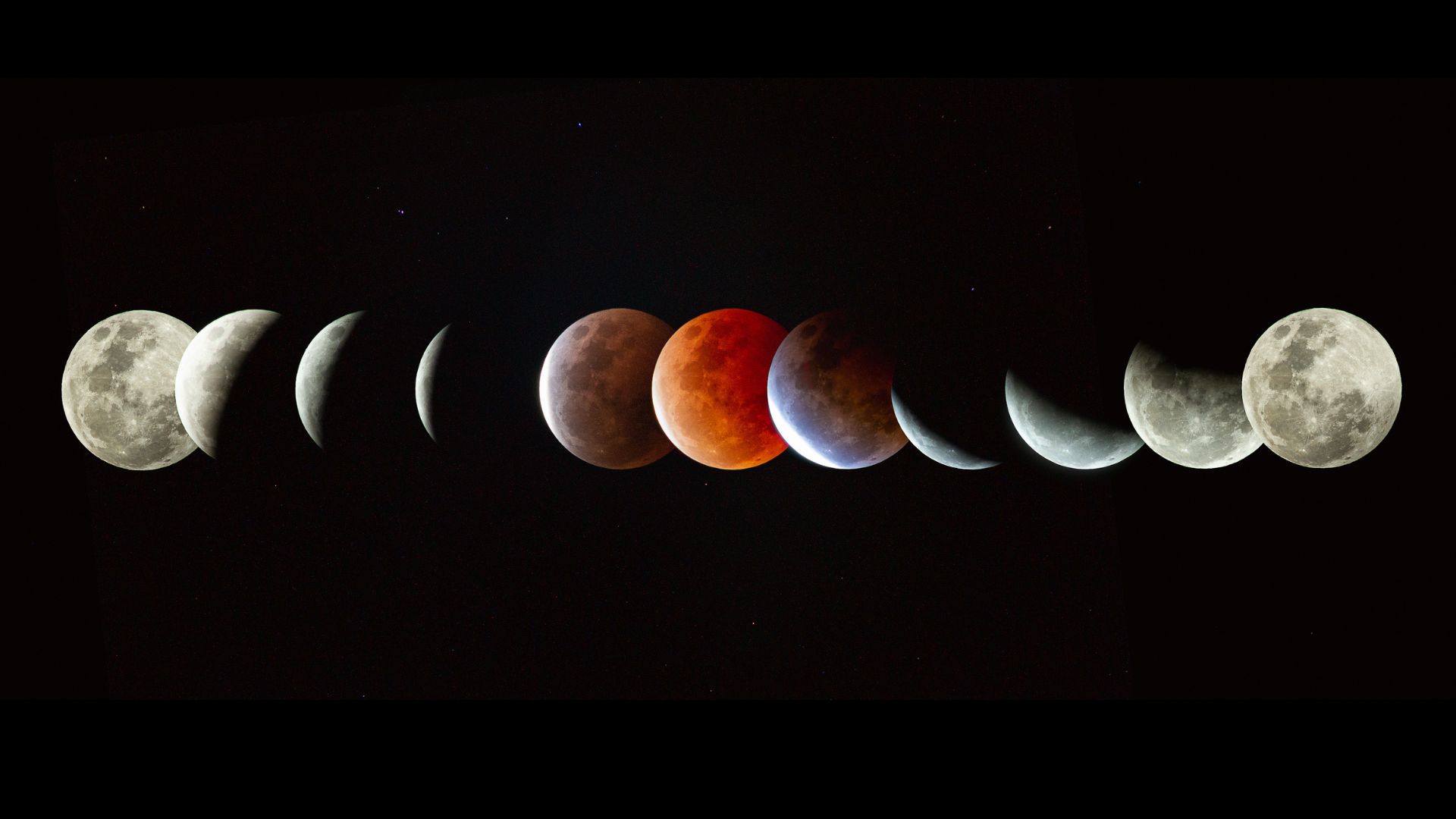Launch of New, Improved Ariane 5 a Success
EVRY, France -- The enhanced version of Europe's heavy-lift Ariane 5 rocket today successfully returned to service two years after a costly inaugural-flight failure, placing a Spanish military telecommunications satellite and a dummy payload into orbit.
The new, more-powerful Ariane 5 model is designed to reassert Europe's once-dominant position in the commercial launch market by offering the ability to launch two telecommunications satellites weighing a combined 10,000 kilograms into geostationary orbit, the operating location used by most telecommunications spacecraft.
The Arianespace commercial-launch consortium, headquartered here, has had trouble keeping its market share since the December 2002 failure. The standard-version Ariane 5 currently in use is incapable of launching two large satellites at once -- its limit for geostationary orbit is just 6,000 kilograms -- and is too expensive to launch a single commercial satellite profitably.
Following the December 2002 failure, European governments cobbled together a billion-dollar emergency bailout package to assure Arianespace a minimum revenue stream between 2005 and 2009, and to offset launch-base operating costs. These same governments also agreed to finance today's demonsitration flight.
In the two years since the failure, Ariane 5 engineers have conducted a complete review of the enhanced-version vehicle, called the Ariane 5 ECA.
Its main-stage cryogenic Vulcain 2 engine, which was responsible for the maiden-flight failure, has been redesigned. The upper stage, which is also new and which never got the chance to prove itself, functioned apparently without a hitch in today's launch. The stage is also cryogenic, carrying liquid hydrogen and liquid oxygen.
The main payload launched today is the Spanish Xtar-Eur satellite, owned by a new company called Xtar LLC that is owned by Loral Space and Communications of New York and Hisdesat of Spain. it will serve Spanish military forces and als o will offer secure communications to other governments on a commercial basis.
Breaking space news, the latest updates on rocket launches, skywatching events and more!
Xtar's future was riding on this launch. The satellite is the company's principal asset. With no revenue stream, Xtar was willing to launch aboard the Ariane 5 demonstration launch. The company paid almost nothing up front, and will pay Arianespace from future revenues from its future sales of satellite capacity to the Spanish and other defense minsitries.
Weighing 3,631 kilograms at launch and built by Loral, Xtar-Eur will operate from a Spanish-registered orbital slot at 29 degrees east longitude. It carries 12 X-band transponders and is expected to operate for at least 15 years.
Also aboard was the 3,622-kilogram Maqsat-B2 satellite, a dummy satellite designed mainly to simulate the mass and volume of a telecommunications satellite. Built by Kayser-Threde of Germany, Maqsat-B2 also carries two cameras and several sensors to measure the conditions during the launch. Maqsat-B2 remained attached to the Ariane 5 upper stage.
A 127-kilogram microsatellite experiment in fluid physics, called Sloshsat, was also placed into orbit. It was built by the National Aerospace Laboratory of The Netherlands.

Charles Q. Choi is a contributing writer for Space.com and Live Science. He covers all things human origins and astronomy as well as physics, animals and general science topics. Charles has a Master of Arts degree from the University of Missouri-Columbia, School of Journalism and a Bachelor of Arts degree from the University of South Florida. Charles has visited every continent on Earth, drinking rancid yak butter tea in Lhasa, snorkeling with sea lions in the Galapagos and even climbing an iceberg in Antarctica. Visit him at http://www.sciwriter.us
